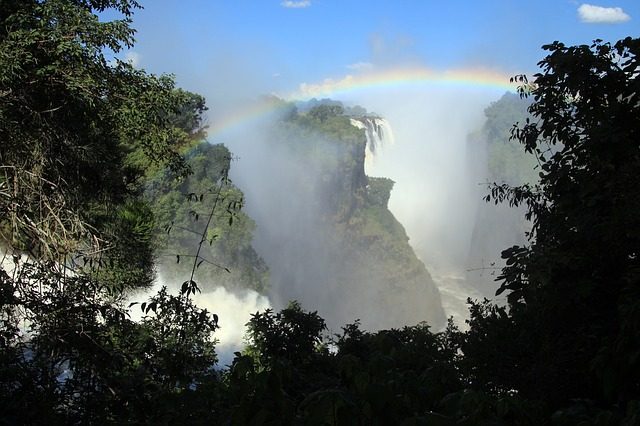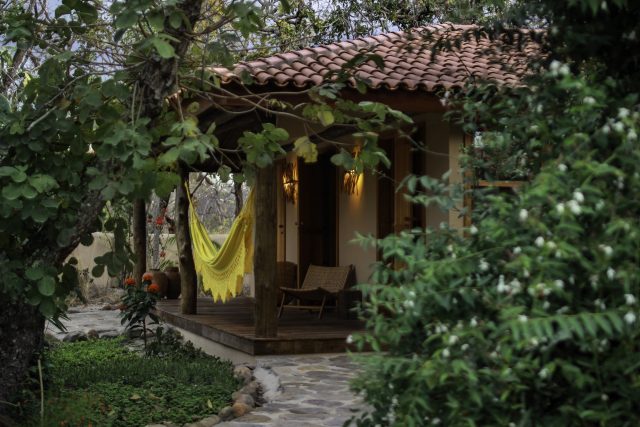-
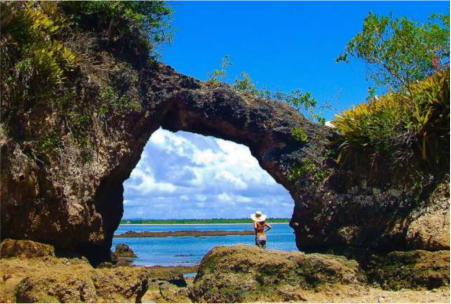
The Secrets of Pedra Furada Island
Visiting Pedra Furada Island is an incredible opportunity to be in the midst of pristine nature. In addition, there you will be able to observe a curious peculiarity of the place, which is its exotic geological formation. That’s because the ground is covered with gravel and all the stones are actually stuck. A highlight is a natural stone arch, which was shaped by the blue waters that beat hard on the small island, and today houses an image of Iemanjá.
The tour lasts about 2 hours.
Casa dos Arandis
http://casadosarandis.com/index2.asp -
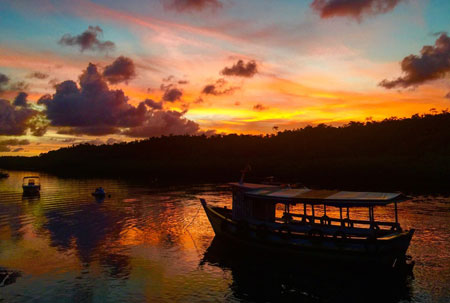
The beauty of Camamu Bay
This tour is the best option to get an idea of the size and beauty of the Maraú Peninsula. The third largest bay in Brazil, which gathers a multitude of islands, beaches and rivers. We arrange the rental of fast, covered boats that leave the Jobel Port, about 6 km away from Casa dos Arandis. Your tour passes by the islands of Goió, Sapinho and Pedra Furada, stopping at restaurants where you can eat seafood and watch its beautiful and famous sunsets.
Casa dos Arandis
http://casadosarandis.com/index2.asp -
5 off-the-grid hotels where nature and comfort meet
By MARY FORGIONE
Nay Palad Hideaway on Siargao Island in the Philippines features villas nestled into mangrove stands and white sand beaches. (Nay Palad Hideaway)
Getting close to nature on your next vacation doesn’t mean you have to rough it. For those who want immersion in the outdoors without forsaking comfort, sustainable tourism association Bee + Hive recommends five eco-hotels that include Swedish treehouses, a private island off Georgia and a luxury lodge in the Brazilian savanna.Sweden
The Cabin, one of the treehouses guests can stay in at Treehotel in Sweden. (Treehotel)
Seven modern treehouses in the country’s Lapland region let visitors perch high above the forest floor. You can sleep in a giant bird’s nest, a mirrored cube and even a flying saucer built on platforms in the trees (retractable stairs or bridges provide access). Inside, the treehouses are outfitted with modern furnishings, even bathrooms. Look for moose, watch the northern lights or just blend into the landscape. A nearby guesthouse provides breakfast and an Internet connection to the world — if you chose. Starts at $450 a night for two. Info: Treehotel
Canada
Fogo Island on the northeastern coast of Newfoundland prides itself as being “still wild.” You can count on seeing caribou, puffin and the occasional iceberg floating by in spring while staying in one of the 29 rooms at the island’s namesake luxury inn. All rooms face the North Atlantic, set in what looks like two large boxes stacked on a rocky brow. The inn has a deep connection to the community; locally sourced food appears on menus, and room furniture and quilts are made by locals. Starts at $1,496 a night for two, including meals and guided tour of the island. Info: Fogo Island Inn
The Philippines
Surfers come to Siargao Island for Cloud 9, a barrel wave named for the way surfers feel when they’re riding it. on it. Perfect waves aside, Nay Palad Hideaway, which has just 10 villas of various sizes, is nestled between mangrove stands and white sand beaches. This is a perfect stepping off point to explore tropical jungles, underground caves and coral reefs, then unwind with a massage. Villas start at $630 per person, double occupancy. Info: Nay Palad Hideaway
Georgia
The vintage lodge at Little St. Simons Island off Georgia. (Little St. Simons Island)
A visit to Little St. Simons Island offers 11,000 acres of untouched wilderness and seven miles of beaches. Visitors come to hike, bird-watch (red knots and roseate spoonbills live here) and explore salt marshes and other habitats. The island has been privately owned since the 18th century and is accessible only by boat. A 1917 lodge and cottages house just 32 overnight guests. Prices start at $500 a night, including meals, snacks, naturalist outings. Info: Little St. Simons Island
Brazil
Pousada Trijuncão in Brazil, one of Bee + Hive’s newest members, opened in December. (Pousada Trijuncão)
Pousada Trijuncão, one of Bee + Hive’s newest members, opened in December. The luxury solar-powered lodge features seven suites in the country’s savanna, called the Cerrado. Wildlife safaris (sometimes at night) take visitors to look for the rare maned wolf, giant armadillos and the world’s smallest alligator, and to Grande Sertão Veredas National Park. Rooms have terraces and outdoor baths. Rooms start at $675 a night, including meals and amenities. Info: Pousada Trijuncão
-
Bee + Hive Launches as Global Sustainable Tourism Association
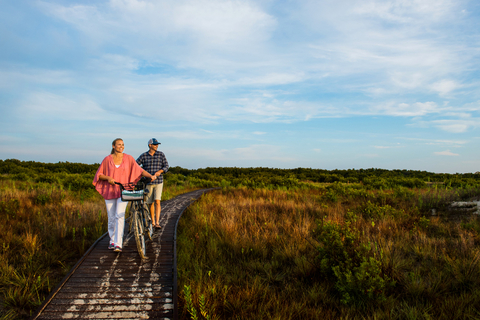 Little St. Simons Island
Little St. Simons Island -
Top Sustainable Travel Destinations for 2019 from Bee + Hive
Bee + Hive, a not-for-profit sustainable tourism association based in Canada, unites hotels, restaurants and parks that embrace sustainable practices and experiences. The association continues to expand around the world with members in Brazil, the Philippines, the U.S., Australia, Zimbabwe, and Sweden. An expert on sustainable tourism, Founder Bruno Correa shares his top places to travel that positively impact the communities visited.
Pousada Trijuncão is a new small luxury lodge amidst the unexplored biome of Brazilian Savannah (Cerrado). The eco-friendly property offers an array of sustainable experiences; which include night safaris to spot the dwarf-caiman (a native species of alligators and the smallest in the world), eco-safaris for the elusive Brazilian maned-wolf, expedition to the spring of Formoso River, and visits to Grande Sertão Veredas, a national park.
The birthplace of barefoot luxury, Nay Palad Hideaway nestles between ancient mangrove forests and the soft white sands of Siargao. In easy reach of tropical jungle, underground caves, untouched beaches, deep-sea fishing and the legendary Cloud 9 barreling wave, Nay Palad Hideaway lets you create own rhythm, turning each day into a different story. It’s an experience of hospitality, freedom and beauty that can never truly be described—only shared.
Treehotel in Sweden offers a unique hotel experience: treerooms with contemporary design in the middle of unspoiled nature. Here you can forget about the time constraints of everyday life, enjoy the serenity, and rejuvenate in a sophisticated yet familiar environment. Treehotel has a strong sustainability element (they developed their own solution to saving water), combined with a very wide array of activities in local culture and environment.
One of the crown jewels of Georgia’s famed Golden Isles, Little St. Simons Island offers 7 miles of pristine beaches and 11,000 acres of undeveloped wilderness for exploration and relaxation. Privately owned and accessible only by boat, The Lodge on Little St. Simons Island has retained the charm and unhurried pace of coastal living. Moss draped live oaks and glistening marshes surround comfortable accommodations for no more than 32 overnight guests.
Sal Salis Ningaloo Reef is a beach-side safari camp nestled in the dunes of the Cape Range National Park on the west coast of Australia. Each of the fifteen wilderness tents offers views of the surrounding bush & beach. Wake to the song of a butcher bird, the raucous squawks of a galah or the thump of a wallaroo passing by. At night fall asleep to the sound of the waves on the beach, exhausted by a full day of activity, fine food and camaraderie. At Sal Salis you will discover the magic of “glamping,” true eco-luxe camping.
The Fogo Island Inn, in Canada, is the ultimate example of a sustainable and community-driven luxury hotel. On the rugged coast of north Fogo Island, this luxury hotel in an ultra-modern building is perched on stilts atop jagged rocks. Contemporary suites are individually designed and feature heated wood floors, custom-made furniture, hand-crafted quilts and floor-to-ceiling windows with North Atlantic views.
The Cayuga Collection is a pioneer in sustainable tourism with 9 award-winning sustainable hotels & lodges in Costa Rica, Nicaragua & Panama; tucked away in the most incredible corners, committed to protect and preserve the communities and ecosystems that surround them. Bruno said that any of the hotels managed by Hans Pfizer and their team is a guaranteed sustainable destination.
Founded by Bruno Correa, Bee + Hive’s origins lie in his first-hand knowledge developing sustainable experiences. Belonging to a successful hotelier family, for over a decade Correa has helped launch and run boutique hotels which have positively impacted their local areas. In one case, boutique hotel Pousada Literaria de Paraty in Brazil replanted 21,000 trees to regenerate a neglected environment, which in turn attracted a plethora of birdlife. This transformed the site into the country’s first private bird reserve, enhancing the local wildlife and the community. Such inspiring action, coupled with Correa’s experience witnessing other sustainable initiatives led by luxury boutique properties, has resulted in the launch of Bee + Hive.
-
Pousada Trijuncao is the Newest Member of Global Sustainable Tourism Association, Bee + Hive
Pousada Trijuncão, a small luxury lodge amidst the Brazilian Savannah (Cerrado) is now open. The eco-friendly property will offer an array of sustainable experiences; which include night safaris to spot the jacaré-anão (a native species of alligators and the smallest in the world), safaris for the elusive Brazilian Jaguar, expedition to the spring of Formoso River, and visits to Grande Sertão Veredas, a national park.
Pousada Trijuncão is also the newest member of Global Sustainable Tourism Association, Bee + Hive, which aims to offer consumers a go-to platform in which to discover the best in sustainable travel experiences. Bee + Hive unites hotels, restaurants and parks that embrace sustainable practices and experiences. The association continues to expand around the world and has recently announced the addition of Nay Palad Hideaways in the Philippines and Reserva do Ibitipoca in Brazil to its roster as well. Additional members are Sal Salis Ningaloo Reef in Australia, Masuwe Lodge in Zimbabwe, Bananal Farm, Pousada Tutabel, Pousada Literária de Paraty and The Caiman Ecological Refuge in Brazil, and the Treehotel in Sweden.
Cerrado is known for its biodiversity, which is greater than any other savannah in the world. Covering more than 20% of Brazil, it has the same area of Spain, France, Germany, Italy and England combined. It is home to 5% of the world’s plant species, more than 10,000 species of plants, almost half of which are found nowhere else in the world. Also, the maned wolf, giant armadillos, 850 species of birds, 251 species of mammals, 204 species of amphibians, 1,200 species of fish and 278 species of reptilians.
Located where the border of the Brazilian states of Goiás, Bahia and Minas Gerais meet, the property is powered by solar energy and combines authenticity and creature comforts: seven luxuriously appointed suites, some with wraparound terraces and outdoor baths; amenities by Natura, a Brazilian cosmetic company that sources products from the Amazon; and an in-room mini bar stocked with delicious native nuts.
The traditional culinary concept of the lodge includes outdoor and indoor kitchens; and Pousada Trijuncao offers picnics and alfresco night grills serenaded by local musicians, in addition to a restaurant for guests only. Breakfast, offered anytime of the day, is a highlight of the best the area has to offer, with typical cakes and fruit.
-
Bee + Hive advocates for sustainability
MONTREAL — Launched in January 2017, Bee + Hive is a not-for-profit association based in Montreal committed to creating a better world through sustainable tourism. The association works with and promotes luxury hotels, restaurants and parks that offer activities and experiences that benefit a destination’s local community, environment or economy.
Their premise is that more and more people are seeking experiences instead of accumulating more things — travel experiences that provide memories to last a lifetime, as opposed to items that get tossed aside by the next season. Bee + Hive offers unique experiences for guests to give as gifts this year, as part of its hospitality marketing.
These experiences include moose calling in bear country at the Treehotel in Sweden, a visit to a Pataxo Village at the Posada Totable in Brazil, swimming with shark whales at Sal Salis Ningaloo Reef in Australia, a dinner cruise on the Zambezi River at the Masuwe Lodge in Zimbabwe and noctournal spotlighting in the Pantanal at the Refugio Ecologic Caiman in Brazil.
 Pataxo Village, Brazil.
Pataxo Village, Brazil.Bee + Hive’s origins lie in founder Bruno Correa’s first-hand knowledge developing sustainable experiences. Belonging to a successful hotelier family, for over a decade Correa has helped launch and run boutique hotels which have positively impacted their local areas.
In one case, boutique hotel Pousada Literaria de Paraty in Brazil replanted 21,000 trees to regenerate a neglected environment, which in turn attracted a plethora of birdlife. This transformed the site into the country’s first private bird reserve, enhancing the local wildlife and the community. Such inspiring action, coupled with Correa’s experience witnessing other sustainable initiatives led by luxury boutique properties, has resulted in the launch of Bee + Hive.
Three years ago, Correa chose Canada as the best place to start his new business, taking an entrepreneurship course at the University of Toronto and developing the idea for Bee + Hive idea in a term paper.
He identified a consistent operational issue among small, independent, unique hotels that needed to reach a broad audience. “It takes a lot of money to build a global reputation,” he told CLN.
Sustainability is at the core of Bee + Hive’s philosophy. “It’s not about the thread count of the linen or the size of the room. [But] you can have a really unique eye-opening, jaw-dropping experience and still be comfortable. Traditionally, if you were immersed in the jungle, you were not comfortable!
“We allow the local culture to be fostered and protected and for local residents to share the benefits. As a third party, we’re still part of the local population.”
While Canada is the organization’s headquarters, its eight members come from South America, Africa, Europe, Australia and the U.S.; there are no Canadian members so far.
“We receive recommendations from travellers and agencies regarding something unique. If hotels get in touch, we give them a set of indicators that include Global Sustainable Tourism Council [criteria]. It’s not an audit or a certification, just a tool hotels can use to evaluate themselves to see how well they fit with [our philosophy],” Correa said.
-
AGB – A Green Beauty
Bee+Hive is a global Association that offers sustainable tourism and unique experiences through members that include Hotels, parks and restaurants. Beyond exquisite services, such as innovative cuisine, luxury accommodations or experiencing state of the art architectural design Bee+Hive also adhere to core values and a strong belief in acting as agents of change.
Through impactful ecologic, socio-economic and cultural experiences Bee+Hive connect travelers with transformational experiences that give back to communities and the planet.
Here are some of the eco and sustainable destinations that Bee+Hive can connect you too.
SAL SALIS
Dark Sky Tourism is a small, but growing trend. Statistics say 85% of people have never seen a dark sky, or hardly any stars and have never seen the Milky Way. According to some scientists, we will not be able to see the stars at night any longer by the year 2025. The effects of light pollution are getting so bad that UNESCO now wants to include the sky at night as part of our human heritage because it is such a wonderful sight to behold. It is there for everyone to see. If you have been fortunate enough to see the stars on a bright summer’s night, you will find it hard to believe that this amazing spectacle will no longer be there for future generations to see. And yet that’s exactly what will happen if too much artificial light prevents us from seeing the stars at night.
MASUWE LODGE
MasuwE Lodge combines the best of both worlds – the splendor of Victoria Falls & the mighty Zambezi River with safari life.
Masuwe is near enough to the town that you can tackle any of the many adventure activities on offer including white water rafting, the gorge swing or a take in a more leisurely browse at the markets during the day then spend from dusk to dawn immersed in the smells, sights, and sounds of the bush. Game drives, bush picnics, wildlife encounters combine perfectly with meeting the local artisans, standing in the invigorating spray gazing at the Falls and discovering this happy, African town.
SAL SALIS
Swim with the largest fish in the world. Each year between mid-March and July these slow-moving, gentle, filter-feeding Whale Sharks migrate past Ningaloo Reef. The world’s biggest fish can grow to lengths of 12 meters or more and has a healthy appetite in order to sustain its immense size. Fortunately for most sea-dwellers (and for us) they feed primarily on plankton and krill, taking in huge gulps of water and filtering out their microscopic meal.
TREE HOTEL
Living up among the tall trees in the pine forest of Northern Sweden has never been so easy. Gaze out at Sweden’s spectacular nature from up in the Mirrorcube or the UFO. Watch the Northern Lights illuminate the sky above you and your snowmobile, or take a family fishing trip and learn all about the berries and mushrooms you pick up along the way. One thing’s for sure at the Treehotel, you’ll be inspired by your surroundings and experiences.
-
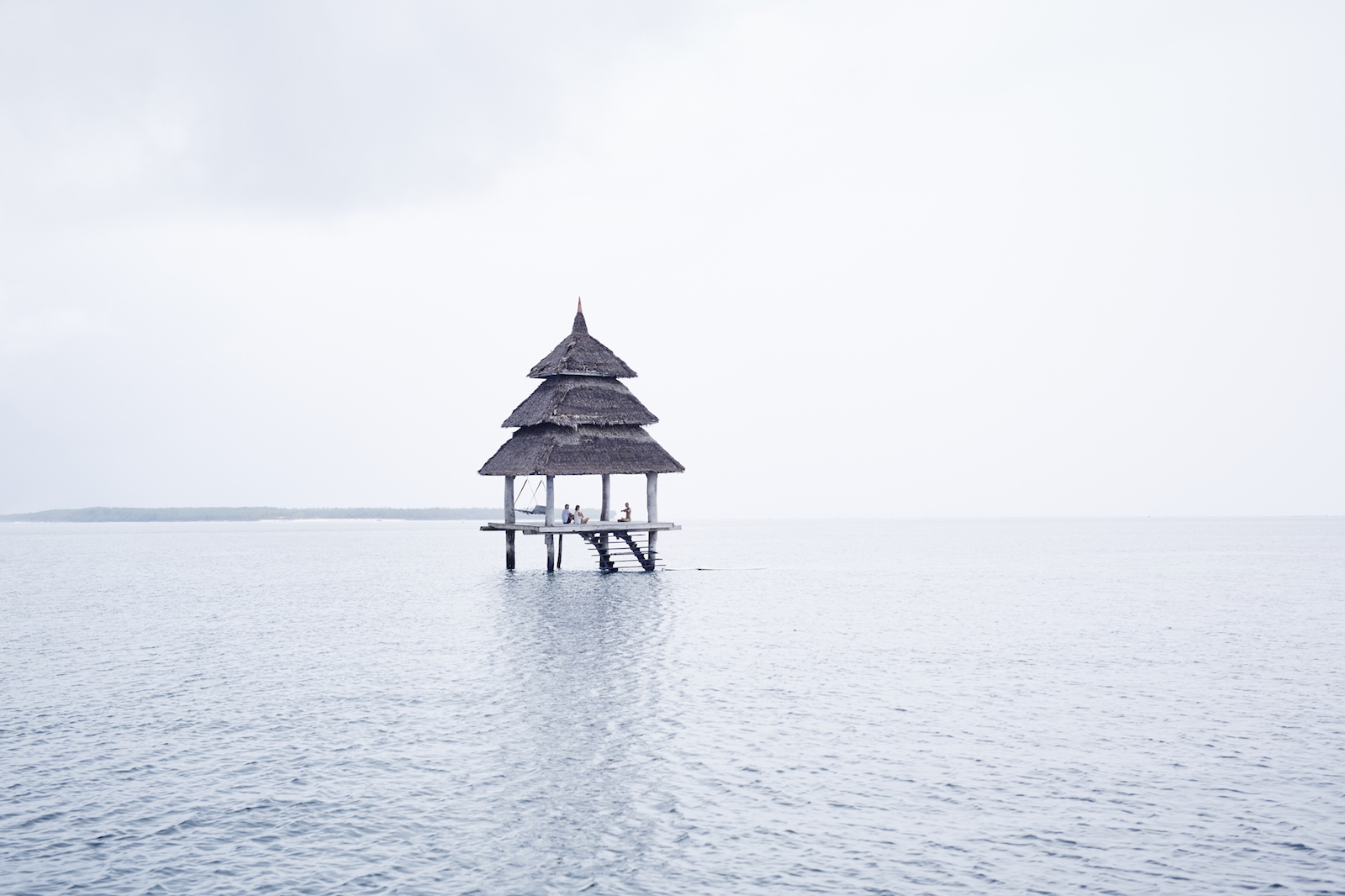
Sea Pagoda
Swim right in front of the resort at high tide, or take a short walk down the beach to a peninsular point with a sandy beach that’s ideal for swimming and lounging. You can also take a small boat, kayak, or SUP board to our Sea Pagoda, located about 800 meters from the beach. As you dive and swim around the pagoda, you’re likely to see crabs and fish!
Nay Palad Hideaway
https://www.naypalad.com/hideaway/ -
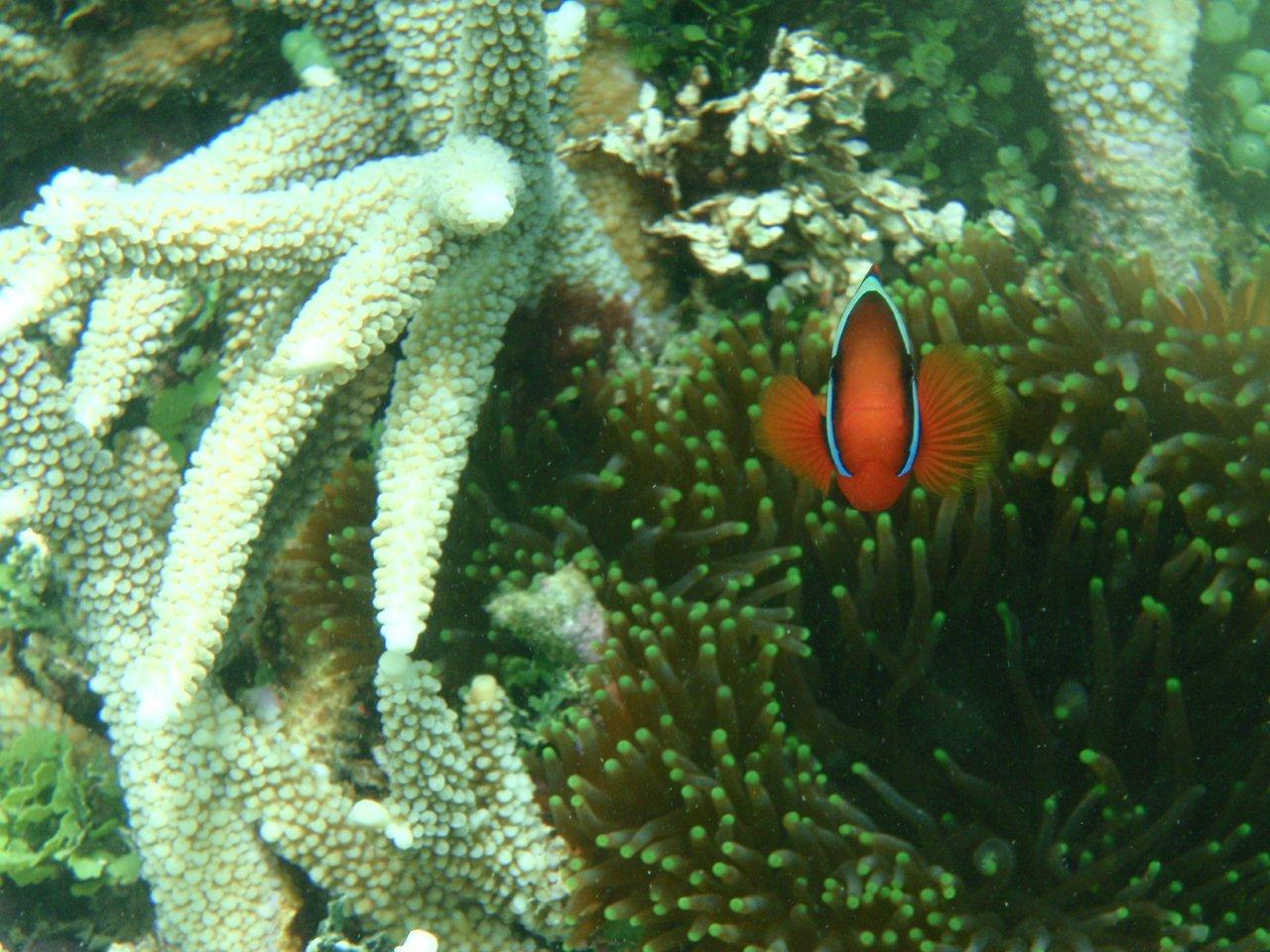
Snorkeling
To snorkle around our local coral heads is best enjoyed during low tide using the Sea Pagoda as a staging point. Arrange an excursion to Halian, Lahanusa, Anahawan or Corregidor for a full morning or afternoon of snorkeling. The trip can be extended to include a picnic lunch on beautiful Mamon Beach.
Nay Palad Hideaway
https://www.naypalad.com/hideaway/

